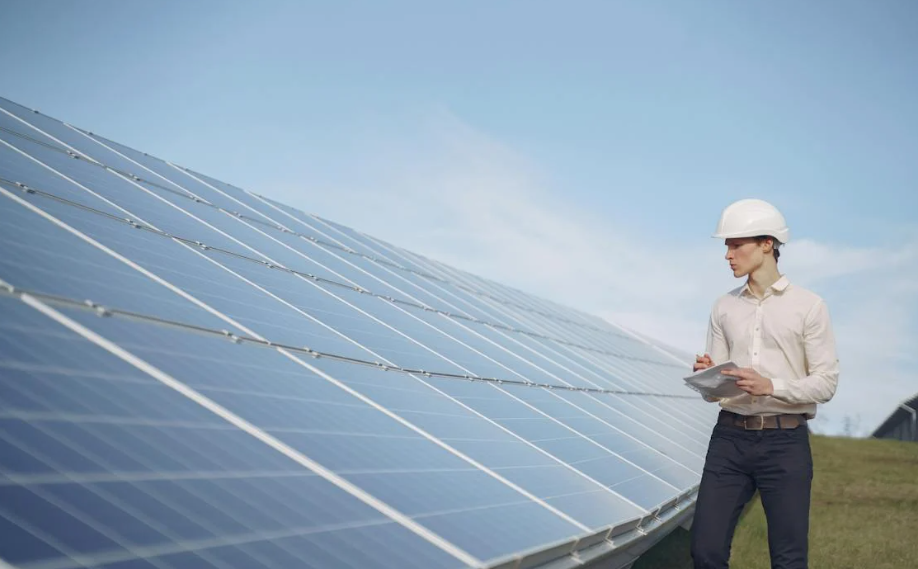
In the modern era, sustainable living has transitioned from a mere buzzword to a crucial lifestyle change. With the effects of climate change becoming more palpable, individuals and communities are turning to renewable energy sources, and solar energy solutions are at the forefront of this transformation.
This shift is not only pivotal for environmental health but also for economic resilience. By delving into the realm of solar power, we can unearth the benefits and practicalities of incorporating solar energy into daily life, especially when considering solar options for community-wide wholesale implementation.
Understanding Solar Energy
At its core, solar energy is harnessed from the sun’s rays and converted into electricity. This process is facilitated by photovoltaic cells, commonly seen as panels mounted on rooftops or spread across fields. But beyond the basic understanding of solar panel functioning lies the fascinating intricacies of solar technology. Advancements in this field have made it possible for not just individual homes but entire neighbourhoods to sustain themselves on solar power.
The Shift to Solar Wholesale
Communities are increasingly recognising the value of bulk purchasing of solar panels. Going for wholesale solar products is economically savvy, reducing costs substantially compared to retail purchasing. But the benefits don’t stop at just cost savings. By investing in solar energy on a larger scale, communities can reduce their carbon footprint significantly, promote local employment in installing and maintaining solar systems, and foster a culture of sustainability.
Solar Solutions for Every Household
One might wonder whether solar solutions are one-size-fits-all. The answer is a resounding no. The beauty of solar power systems lies in their versatility. Whether it’s a small suburban home or a sprawling rural property, solar systems can be tailored to meet specific energy needs. Moreover, the latest technologies have enabled the storage of solar energy, overcoming the hurdle of power availability during non-sunny periods.
The Economic Ripple Effect
Embracing solar energy extends beyond environmental benefits and has a positive ripple effect on the economy. The growth of the solar industry has led to job creation in multiple sectors, from manufacturing to installation and beyond. Additionally, the reduction in energy costs for households translates to increased disposable income that can be spent within the local economy, thus promoting overall economic growth.
Solar Energy and Community Building
The transition to solar energy can also strengthen community bonds. Collective projects like neighbourhood solar farms or cooperative solar panel purchases can cultivate a sense of unity and shared purpose among residents. It’s a step towards not just a sustainable future but a socially cohesive one.
The Future is Bright
As we look towards the future, it is clear that solar energy will play a pivotal role in shaping our environmental and economic landscapes. With governments around the world offering incentives for renewable energy adoption, it’s an opportune time for communities to consider solar wholesale purchases. The upfront investment may seem daunting, but the long-term savings and positive environmental impact are invaluable.
Harnessing the Power of the Sun
The incredible advancements in solar technology mean that harnessing the sun’s power is more efficient than ever before. With high-capacity solar batteries and smart grid technology, the dream of a fully sustainable household is no longer just a pipe dream.
Summary
In conclusion, the transition to solar energy through solar wholesale purchasing is not just an environmentally conscious decision but a socially and economically strategic one. As we move forward, it’s essential to consider how each of us can contribute to a sustainable future.
By embracing solar solutions, we take an active role in preserving our planet for future generations while fostering economic and social well-being in the present. The path towards a sustainable and self-sufficient community is illuminated by the sun, and it’s time we follow its light.
Community members would be wise to research energy procurement strategies to know where they stand and how best to use current services for their long-term benefits. Key insights from professionals allow participants to be educated before approaching specialised outlets in this field.